We protect and conserve cetaceans (whales, dolphins and porpoises) and their marine and riverine habitats.
Our Mission
The mission of the American Cetacean Society San Francisco Bay Chapter is to protect and conserve whales, dolphins, porpoises, and their habitats through public education, research grants, and conservation actions.
Our VALUES
Integrity and Transparency: We are committed to a culture based on integrity and transparency in pursuit of our mission.
Credibility and Independence: We conduct its day-to-day business based on the best available information, strategic planning, and best management practices, reflected in our governance policies, operations, and composition of the Board of Directors.
Commitment to Strategic Partnerships: We recognize that mission success will only be possible in cooperation and collaboration with key partners. We are committed to creating and maintaining effective partnerships with key non-governmental, intergovernmental, and non-profit organizations, local whale watching operators, government and private entities, and academic institutions whose missions intersect with our own.
Commitment to Sound Science: We are committed to incorporating sound scientific principles and best practices in the development and implementation of our educational programs.
our Achievements
In 1967 ACS established the first whale conservation group on the planet.
In 1972 ACS brought the need for a whaling moratorium to the United Nations Environmental Conference, which supported by a vote of 52-0.
In 1982 ACS succeeded in encouraging the International Whaling Commission to pass a moratorium on the commercial exploitation of whales.
ACS was the first group ever to bring children on whale watching trips. To date, over two million children and hundreds of thousands of adults have enjoyed whale-watching trips sponsored by ACS.
The impact of these grassroots efforts can be measured by the increasing popularity of whale watching (a $1 billion/year industry that attracts nine million participants annually in 87 countries), and by the growth of the global conservation movement that ACS helped launch.
Since its founding in 1999, the San Francisco Bay Chapter has become one of the largest and most active chapters of the ACS. Examples of our accomplishments include:
Annual grant program providing marine scientists and students with funding to support cetacean research
Developed a 10-week Cetacean and Ocean curriculum for bay area Citizen Science schools to use for K-8 classes and Student Ocean Clubs
Implemented an annual Northern California Naturalist Certification course focused on marine mammals
Sponsored a multi-year Harbor Porpoise Research project in association with Golden Gate Cetacean Research and San Francisco State University
Popular monthly speaker series offering opportunities for members, volunteers and the general public to hear directly from leading cetacean and ocean experts
Facilitated ACS San Francisco Bay Chapter citizen scientist participation in a study of humpback whales off the coast of Guerrero, Mexico
Annual Farallon Islands whale watching trips and other special whale watching events



